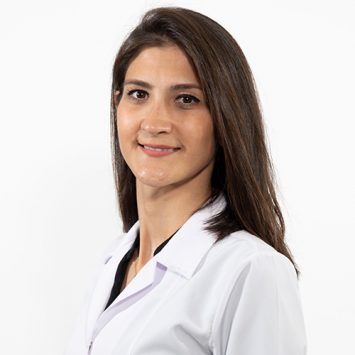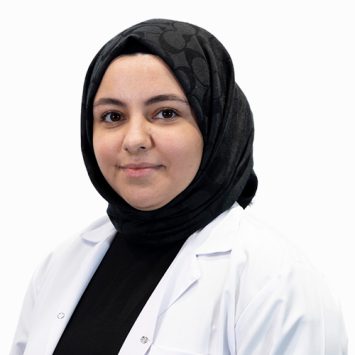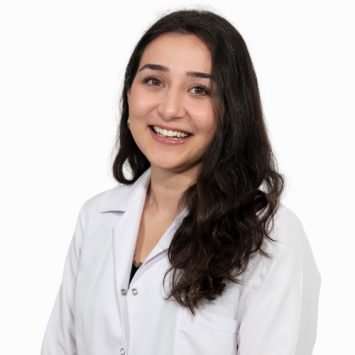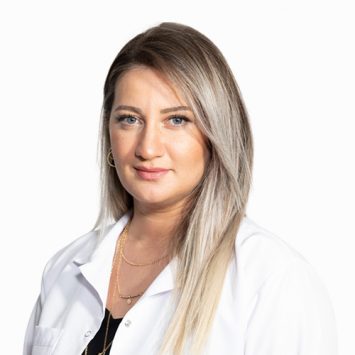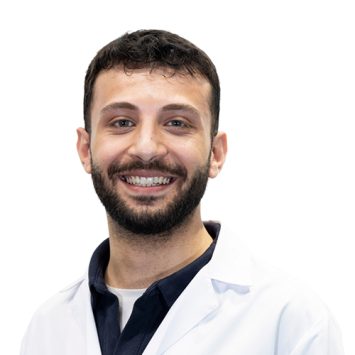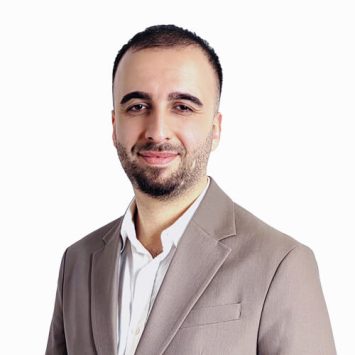What is Psychology?
Psychology is a branch of science that studies the mind and behaviour. Psychology is both an academic discipline and an applied science. Trying to understand how people think, feel and behave is the subject of psychology. Personality, intelligence, memory, perception, attention and motivation are also included in the scope of psychology.
Long before the emergence of psychology, philosophers began to think about the nature and functioning of the mind and came to some conclusions. Later, physiologists and neurologists advanced the study of the mind. With the establishment of the first experimental psychology laboratory by Wilhelm Wundt, who is accepted as the founder of modern psychology, psychology began to be considered as a separate science. Psychology; It is a versatile discipline because it has many sub-branches such as Clinical Psychology, Cognitive Psychology, Developmental Psychology, Social Psychology, Industrial and Organizational Psychology, Traffic Psychology, Sports Psychology and Neuropsychology. Those who complete the Psychology education in 4-year undergraduate programs of universities receive the title of “Psychologist”. Psychologists who want to specialize in sub-branches continue to receive graduate and/or doctoral education. At the end of their education, they receive the title of Expert Psychologist and/or Doctor Psychologist.
Our Psychologist Team
What Diseases Do Psychologists Deal With?
Not all psychologists deal with diseases. Only psychologists who specialize in the clinical field work with mental health and disorders. Mental health disorders are conditions that significantly affect people’s thoughts, feelings and behaviours. They can be periodic or chronic. They significantly affect people’s functionality.
Emotional Disorders, Anxiety Disorders, Obsessive Compulsive Disorders and related Disorders, Nutrition and Eating Disorders, Personality Disorders, Attention Deficit and Hyperactivity Disorder, Substance-related Disorders and Addiction Disorders, Sexual Dysfunctions, Schizophrenia and Other Psychotic Disorders are some of the most frequently studied disorders by psychologists. Psychologists often collaborate with psychiatrists when working with mental health disorders.
Psychologists do not only work with people diagnosed with mental health disorders. Emotion regulation skills, problem solving skills, coping with stress, protective and preventive mental health services, and studies on trauma, disaster and crisis are also included in the field of work of psychologists. Psychologists also differ from each other according to the age group they work with and the problems. Child and adolescent therapy, couple and family therapy, sexual therapy, individual therapy and group therapy are quite different in terms of working methods and require separate expertise.
What are Psychological Tests?
Psychologists use psychological tests to have detailed information about the functions of individuals or groups such as thoughts, feelings, behaviours, perceptions, memory, attention and learning skills, emotion regulation skills, and problem-solving skills. Psychological tests guide the diagnosis and treatment process. Psychological tests can be applied with the classical method as well as computer-based.
Psychological tests are divided into objective and projective tests. With projective tests, the responses of individuals to ambiguous stimuli are evaluated and it is aimed to reveal unconscious conflicts in this way. The Rorschach Ink Blot Test and The Thematic Apperception Test are examples of projective tests. Objective tests, on the other hand, are structured tests, as the name suggests, and use a method that minimizes the practitioner’s subjective evaluations. The MMPI Personality Inventory and the WISC-4 Intelligence Test are examples of objective tests. The most frequently used psychological tests in the clinical field are intelligence and ability tests, attitude tests, personality tests, attention tests and neuropsychological tests. Psychological tests are applied, evaluated, reported and shared with the guiding specialist by psychologists who have completed the test training and supervision and are entitled to receive the practitioner certificate.
As evaluating psychological tests requires expertise and in order to prevent people from developing a stigmatizing attitude about themselves or their relatives, reports are not shared directly with patients and their relatives. The specialist, who directs the person to the psychological test application, shares the test results with the patient as he or she deems appropriate.
What are the Therapy Methods?
Psychologists use one or more theories of psychotherapy in their clinical work. These theories form a guide for psychologists to understand their clients’ and clients’ problems during their therapy work and to help them in the solution process. In a sense, they help therapists establish a framework for working with clients.
Cognitive Behavioural Therapy, Psychodynamic Therapy, Schema Therapy, Play Therapy, Sexual Therapy and Couple and Family Therapy are among the most frequently used therapy methods today. Cognitive Behavioural Therapy is a short-term and solution-oriented method that focuses on the connection between thoughts, feelings, and behaviours. Today, it can be said that it is the most commonly used therapy method in the treatment of Anxiety Disorders and Depression. Psychodynamic Therapy is a method that states that important life events and interpersonal relationships in the past and present affect the current feelings, behaviours, relationships and choices of the individual. This method of therapy, which focuses on the unconscious, is long-term.
Schema Therapy is a method that combines Cognitive Behavioral Therapy, attachment theory, object relations theory, Gestalt Therapy theory and techniques. It is known to be very effective in the treatment of Borderline and Narcissistic Personality Disorders. Play Therapy is a method that uses play to evaluate, prevent and/or treat the psychosocial difficulties experienced by young children. There are many different types such as Cognitive Behavioural Play Therapy, Child-Cantered Play Therapy, Experiential Play Therapy and Fillial Therapy. Sexual Therapy is a method used in the treatment of sexual dysfunctions in individual and/or couple and family therapies.
Couple and Family Therapy aims to improve communication and conflict resolution skills of couples. In Couple and Family Therapy, both partners participate in the sessions. In some cases, the therapist may also want to see clients individually. It is very important for people to choose a therapy method that suits them and their problems.
About Online Psychologist Interviews
With the Covid-19 Pandemic, which affected the world in 2020, and the transition to working from home to a large extent, the demand for online therapies in the field of mental health has increased. Before the Covid-19 Pandemic, online therapy, which was generally preferred for intercity and/or international meetings, has become a frequently preferred method with the pandemic.
It is known that the increase in online therapies facilitates access to therapy. Online therapy, also known as tele-therapy or e-therapy, is an interview method planned in the form of live video sessions and applied in the light of a certain framework and rules, as in face-to-face therapies. It is very important that the platforms where online therapies are made create a safe space in terms of privacy. Studies show that online therapies are quite effective.
What is the Difference Between Psychiatrist and Psychologist?
Psychiatry and psychology are two fields that are often confused, as both treat mental disorders. However, the education and methods used in psychiatry and psychology are quite different from each other. When Psychology education is completed in 4-year undergraduate programs of universities, the title of “Psychologist” is taken. Psychologists pursuing masters and doctoral programs can specialize in Clinical Psychology. Psychologists are not medical doctors.
Psychologists do not diagnose, do not perform any medical intervention, and do not prescribe medication. They perform psychological testing and evaluation, and provide psychotherapy and counselling services. Psychiatrists are medical doctors. After completing 6 years of basic medical education at the Faculty of Medicine, they continue their education in the Department of Psychiatry by taking the specialty exam. At the end of this training, they receive the title of Psychiatrist. Psychiatrists diagnose, provide medical attention, and prescribe medication.
The information on this page has been prepared by the Moodist Psychiatry and Neurology Hospital Medical Team.
